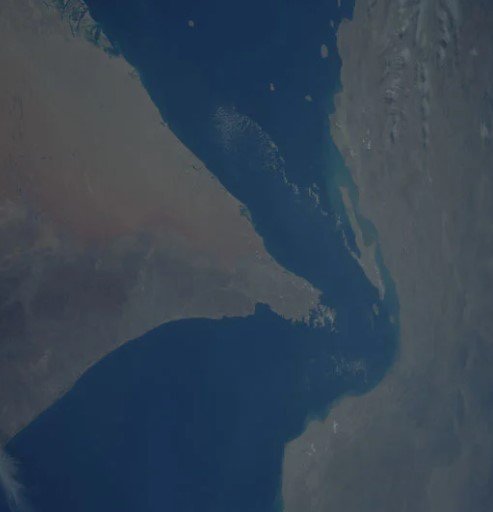The escalating conflict in the Middle East has set financial markets on edge, with oil prices jumping and Asian equities falling sharply. As fears of Iranian retaliation loom, traders are bracing for more pain.
Brent crude rose over 2.7% to $79.12 a barrel early Monday, its highest point since January. U.S. West Texas Intermediate wasn’t far behind, climbing 2.8% to $75.98. The bump came after Washington joined Tel Aviv in airstrikes on Iran’s nuclear infrastructure over the weekend—a move that sent shockwaves across the global economy.
Tehran hasn’t struck back yet, but officials there are already rattling sabers. The Strait of Hormuz, a chokepoint that sees nearly a quarter of all global oil trade and 20% of liquefied natural gas shipments, could be on the chopping block. Iranian state media says parliament has greenlit a closure.
Asian Stocks Sink as Tensions Grow
Markets in Asia didn’t take kindly to the news. Most regional indices dropped between 0.4% and 0.8% as the mood shifted from cautious to flat-out anxious.
Tokyo’s Nikkei index slipped 0.6% by mid-day. In Hong Kong, equities dipped 0.4%, while Shanghai held mostly flat. Seoul saw a 0.7% drop, and Sydney fell 0.8%.
The broader MSCI Asia-Pacific index (excluding Japan) dropped 0.5%, reflecting an across-the-board flight from risk assets.
Meanwhile, U.S. equity futures also ticked down. The S&P 500 dropped 0.5%, and Nasdaq futures slid 0.6%. European markets weren’t spared either—EUROSTOXX 50 and DAX futures both sank 0.7%, while the UK’s FTSE fell 0.5%.

Commodities and Currencies Whipsawed
Safe-haven assets didn’t offer the usual cover this time. Gold nudged lower by 0.1%, landing at $3,363 an ounce. And instead of flocking to Treasuries, investors oddly pushed 10-year yields up by 2 basis points to 4.397%.
Currency traders seem more concerned about capital flow than safe-haven demand.
Hormuz in the Crosshairs
Iran’s message is loud and clear. If the U.S. keeps attacking, Tehran says it won’t hesitate to close the Strait of Hormuz. That’s not an idle threat—but it would be costly.
The strait is just 33 km wide at its narrowest point, and Iran’s own oil exports depend on it. Still, Iranian lawmakers seem serious. State broadcaster Press TV confirmed over the weekend that parliament voted to support a blockade.
One-sentence warning here.
Any closure would choke global energy supplies within days.
Past tensions in the area have pushed oil up as much as 76%, JPMorgan analysts reminded clients. On average, they say, prices jump about 30% when regime shakeups happen in the region.
Big Traders Eye $100 Oil
There’s more than just worry in the air—there’s speculation. Oil traders and analysts are starting to price in scenarios that seemed distant just weeks ago.
Vivek Dhar, commodities strategist at Commonwealth Bank of Australia, told Reuters that “selective disruption” might be more realistic than full closure. He thinks Iran could scare tankers off without hurting itself too badly.
He added: “In a scenario where Iran selectively disrupts shipping through the Strait of Hormuz, we see Brent oil reaching at least $100 per barrel.”
Some traders are quietly building long positions in energy futures. Others are shorting Asian equities, betting that supply chain shocks and inflation fears will soon ripple outward.
Just one sentence to show trader nerves.
No one wants to get caught flat-footed.
Geopolitics Now Trumps Fundamentals
What’s striking is how little markets care about economic data this week. Inflation readings, central bank minutes, even GDP numbers—they’re taking a backseat.
The headlines are setting the tone. Traders are glued to developments in Tehran, Tel Aviv, and Washington.
- U.S. is now a net oil exporter but still reacts to shocks.
- Europe and Japan remain heavily dependent on imports.
- Asia faces the worst of both: higher oil costs and falling investor confidence.
Short sentence here.
It’s less about earnings, more about missiles.
Iranian allies across the region are already on alert. Iraq and Syria-based militias backed by Tehran have reportedly started preparing attacks on U.S. bases. The Pentagon is monitoring the chatter.
